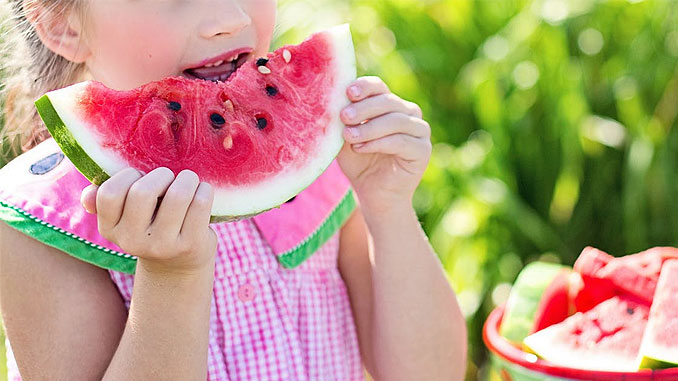
It is the belief of most parents that children are eating a relatively healthy diet, but if not, they throw up their hands and give up. Children are then plied with multivitamins. Though this is not a bad thing to do, many children think they are candy especially now that they come in gummi candy, gumballs, and cute animal and cartoon characters.
This is extremely serious because if they are with a kids reach, they could be taking more than you know about. If there is the remotest chance your child has ingested too many, immediately call Poison Control and get them to the emergency room.
If your child overdoses with multivitamins with iron your child could become seriously ill or die. All manner of medications must absolutely be kept out of the reach children. If you think your child needs them generic multivitamins are fine but for the most part, children get a lot of their vitamins in their diets.

If your child is either allergic to dairy products or won’t eat them, calcium will need to come from other sources. A consultation with your child’s pediatrician is important. One vitamin daily is all a child needs even if his diet has been questionable for that week.
The absorption of other vitamins could be blocked if there is too much of any one vitamin. For example, too much calcium can prevent the absorption of other vitamins such as iron. Healthy food choices are not a child’s priority you can expect to be giving your child vitamins well into their teens.
Before buying vitamins you should know that opinions about vitamins with iron for children vary greatly. One belief is that you should, in fact, be giving vitamins with iron. Another philosophy is that never should a child be given vitamins with iron in them.
Iron In The Blood
In infancy my own child showed signs of iron deficiency as an infant. Always check with your child’s doctor; my child’s doctor put him on iron fortified vitamins and he is healthy now. A disease called Hemochromatosis is caused by too much iron in the blood.
The iron becomes unusable by the body and it is not washed out of the body easily. It is almost always a fatal disease and can cause serious health issues. Calcium helps build strong bones and muscles and is a very important part of your child’s diet.
Calcium is a mineral. Kids who eat ice cream, yogurt, and cheese or who drink milk usually get enough calcium from their diets. Some do not like dairy products, still others are allergic to them. Children can be assisted in getting what they need by consuming calcium fortified juices, cereals and vitamins.
Drinking fluoride treated tap water and bottled water and/or using fluoridated toothpaste is enough for most children. Your child should not be given fluoride supplements without checking with your pediatrician. Your child’s teeth could be permanently stained if they get too much fluoride.
This defeats entirely, the purpose of the treatment of water and the use of toothpaste meant to protect your child’s teeth. Infant multivitamins in liquid form is available and usually administered with an eye dropper.

The drops contain vitamins A, C, and D and may have added iron. Also they may have other vitamins and minerals such as thiamin, niacin, riboflavin and vitamin B-12. Chewable children’s vitamins are available in the forms of cartoon characters and/or animals. Now vitamins are available in gummi candy and gumballs.
Try buying gum ball vitamins or cartoon characters if your child is difficult about taking vitamins. Your child should always be supervised while he’s taking his vitamins. My son never gets to take his vitamins on his own, I give them to him.
He may or may not take it or he could take too many. Children’s vitamins could be a very good thing but too much of a good thing could be fatal. They should not be left in the reach of children. Eating what is right is not your child’s top priority so giving him vitamins may offset some of that.
Adjustments to child’s diet should always be discussed with your child’s pediatrician, it’s better to err on the side of caution. It’s fine to have fun shapes but your child could think they are candy and they should be kept out of reach of children or locked in a cabinet.
